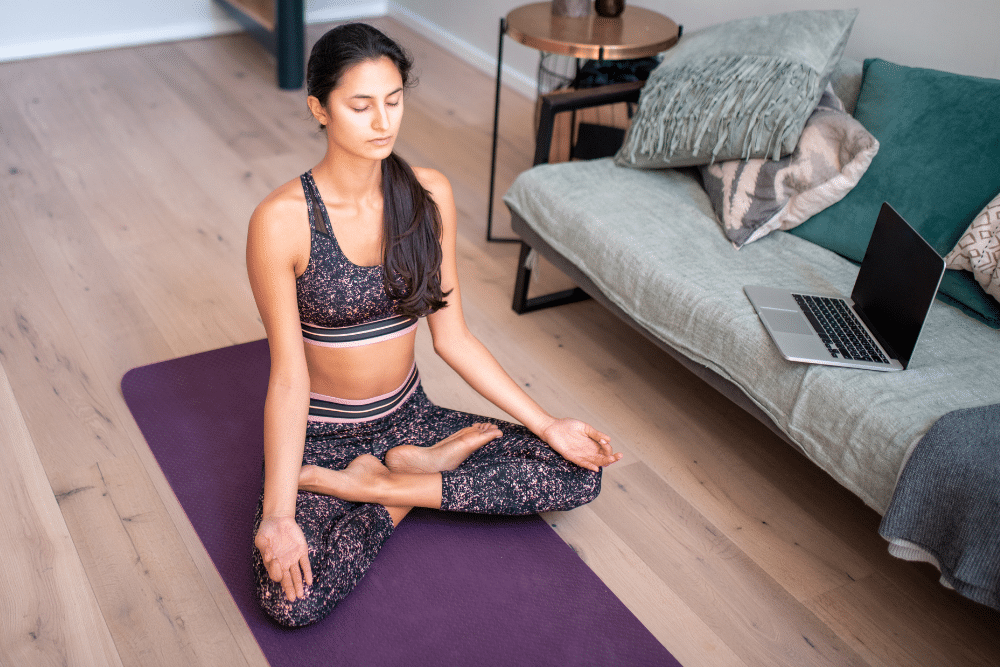Modern life can be fast-paced, hectic, and stressful. After spending the week finishing to-do lists and meeting deadlines, it’s important to find ways to unwind over the weekend.
When you have time off work and want to recharge, here are some ideas to help you relax:
1. Read a book
As well as having many other benefits, reading a good book is a fantastic way to escape from reality and relax on your day off. If you find you have some free time, grab a book that’s of interest to you, find a quiet spot and get cozy – then enjoy!

2. Take a long bath
Another way to relax on your day off is to take a long soak in the bath. A lot of people are too busy to pamper themselves during the week. At the weekend, you can enjoy the benefits of a warm bath, like getting a night of better sleep, relieving aches, and lowering stress levels.

3. Watch a movie
If you’re at home and looking for a way to zone out, watching a movie can be very therapeutic. Whether you prefer romantic movies, comedies, thrillers, action, or something else, watching a great movie is an enjoyable way to fill your weekend.

4. Try out new recipes
Cooking can be a really fun, creative activity that’s amazing for restoring energy. When you have some time off, it’s an opportunity to take your time and experiment with new recipes and ingredients, and to improve your cooking skills in general.

5. Listen to music
Listening to music can help you recharge, so it’s perfect for times when you want to feel peaceful and calm. Music is known to reduce levels of stress hormones. Whether it’s listening to the radio or your favorite album on Spotify, listening to music has so many benefits.

6. Draw or paint
Being creative is awesome for relieving stress and feeling more at ease. If you can, include a creative activity, like drawing or painting, on your weekend. Even if starting with a blank page seems too hard, there are other options like using an adult coloring book.

7. Take a yoga class
If you’re looking for a really relaxing activity, yoga is perfect. Even if you’re a complete beginner, there are loads of classes available. Simply search for some in your local area. Or, you can even take online classes from the comfort of your home.

8. Spend Time Outdoors
Spending all day at a desk or looking at screens can take its toll. So, on your days off, make sure you spend some time outside. It could be going for a hike, visiting a park, or even camping. Whatever the activity, being out in the fresh air can energize you and improve your mood.











